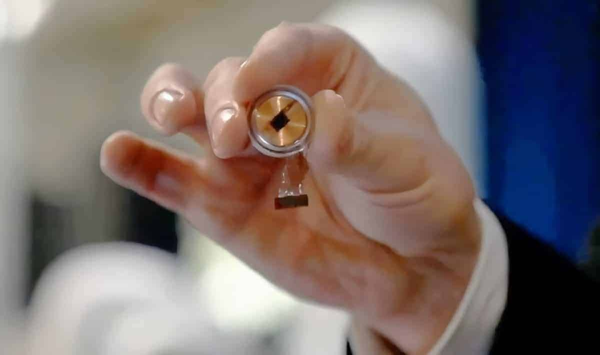Neuralink will develop a robotic arm that can be controlled by thought alone.

In a statement published on social media platform X, company representatives announced their intention to develop an experimental robotic prosthetic manipulator that could be controlled by thought through an implant.
“This is an important first step towards regaining not only digital but also physical freedom,” stated Neuralink.
While this is an unprecedented move for Musk's company, it is not the first instance of such an attempt.
Back in 2015, researchers from the California Institute of Technology implanted a neural prosthetic device into the brain of Eric Sorto, who suffers from paraplegia, allowing him to control a robotic arm with his thoughts. During this process, he was able to shake hands, play “rock, paper, scissors,” and even drink a beer.